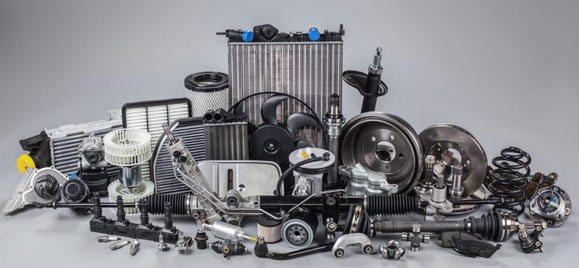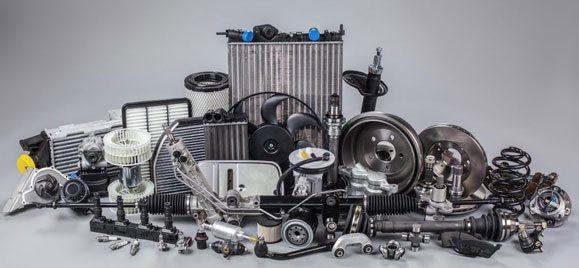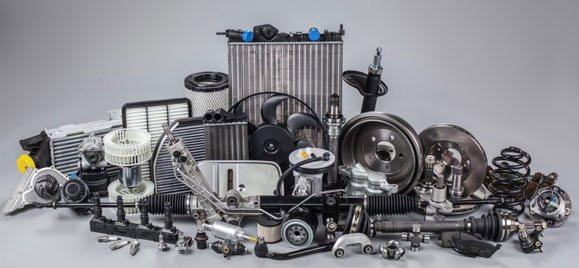Questions To Keep In Mind Before Buying Used Car Parts
Buying used car parts can be an economical and environmentally friendly option for repairing and maintaining your vehicle. However, it’s important to ensure that you’re making informed decisions to avoid potential issues. Here are several key questions to consider before purchasing used car parts online, especially used mechanical car parts.
1. Is the Part Compatible with My Vehicle?
Check the Specifications: Ensure that the part you’re considering matches your vehicle’s make, model, and year. Compatibility is crucial for performance and safety. Look for detailed descriptions and part numbers to confirm the fit.
Consult the Seller: If you’re unsure about compatibility, contact the seller. Reputable sellers often have extensive knowledge and can help verify whether a part will work for your specific vehicle.
2. What Is the Condition of the Part?
Ask for Detailed Information: Inquire about the part’s age, mileage, and overall condition. Knowing the history can give you insight into its remaining lifespan and reliability.
Request Photos: High-quality images can help you assess the part’s condition. Look for signs of wear, rust, or damage that could affect its performance.
3. Is There a Warranty or Return Policy?
Understand the Coverage: Some sellers offer warranties or return policies on used car parts. This provides a safety net in case the part fails or isn’t compatible.
Read the Fine Print: Make sure to understand the terms and conditions of any warranty or return policy. Knowing what is covered and for how long can save you from potential headaches later on.
4. What Is the Reputation of the Seller?
Check Reviews: Look for feedback from other customers who have purchased from the seller. Positive reviews can indicate reliable parts and good customer service.
Verify Credentials: Reputable sellers often belong to industry associations or have certifications that indicate their reliability and commitment to quality.
5. Is the Price Reasonable?
Compare Prices: Research similar parts from multiple sources to ensure you’re getting a fair deal. While lower prices are attractive, extremely low prices can sometimes indicate inferior quality.
Factor in Shipping Costs: Don’t forget to include shipping costs in your total price calculation. Some parts may be cheaper initially but become more expensive once shipping is added.
6. Is the Part Original Equipment Manufacturer (OEM) or Aftermarket?
Know the Difference: OEM parts are made by the vehicle’s manufacturer and tend to be more reliable and compatible. Aftermarket parts are made by other companies and can vary in quality.
Make an Informed Choice: Decide whether you prefer OEM or aftermarket parts based on your budget and the importance of reliability for the specific part you need.
7. Are There Any Installation Instructions or Support?
Seek Guidance: Some parts may require professional installation, while others can be installed by a knowledgeable amateur. Ensure that you have the necessary instructions and support to install the part correctly.
Consider Additional Costs: If professional installation is required, factor in these additional costs when budgeting for your purchase.
Conclusion
Purchasing used car parts online can be a smart and cost-effective way to keep your vehicle running smoothly. By asking the right questions and doing thorough research, you can find quality used mechanical car parts that meet your needs and ensure your car’s continued performance. Always prioritize compatibility, condition, seller reputation, and reasonable pricing when making your decision. This careful approach will help you avoid potential pitfalls and get the best value for your money.






Comments